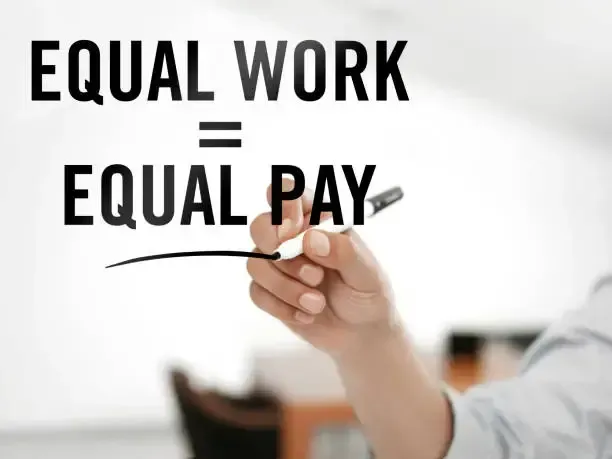Summer Internships in Colorado: What Employers Need to Know About Labor Laws
Ensure Your Internship Program Complies with Colorado’s Wage, Hour, and Youth Labor Laws

As summer rolls in and college students flood the job market looking for experience, many Colorado businesses open their doors to interns. While internships can provide meaningful opportunities for both young workers and employers, it’s critical for businesses to understand that offering an internship isn't as simple as just creating a learning opportunity. Colorado labor laws—and federal regulations—place specific requirements on internships, especially those involving minors.
Whether you’re a small business or a larger corporation, here’s what every employer needs to know to stay compliant.
📌 Interns Are Not “Free Labor”: Know the Law
One of the most common misconceptions employers make is assuming they can bring on unpaid interns without consequence. However, under Colorado and federal law, the distinction between a “trainee” and an “employee” is key. If an intern qualifies as an employee under the law, they must be paid at least Colorado’s minimum wage, which as of 2025 is $15.75/hour.
The U.S. Department of Labor uses the “primary beneficiary test” to determine whether an intern is legally considered an employee. In general, an unpaid internship must primarily benefit the intern, not the employer.
👉 Learn more from the U.S. Department of Labor: DOL Internship Programs – Fact Sheet #71
🕒 Hours and Scheduling: Youth Labor Laws in Colorado
If your intern is under 18, you must also comply with Colorado’s youth labor laws, which govern:
- Permissible work hours
- Restricted duties (e.g., minors cannot operate heavy machinery or work with certain chemicals)
- Required rest breaks
For example:
- 14–15-year-olds can only work 3 hours on school days and 8 hours on non-school days, and no more than 18 hours per school week.
- 16–17-year-olds may work unlimited hours, but still cannot be scheduled for dangerous tasks as defined by the Colorado Department of Labor and Employment (CDLE).
For a complete breakdown of allowable hours by age, visit the CDLE Youth Law page.
🗂️ Documentation and Work Permits
Colorado requires employers to maintain proper documentation for interns under 18, including:
- Proof of age (such as a birth certificate or driver’s license)
- Written parental or guardian consent, in some cases
- A signed statement of understanding for any unpaid internship
Interns should also be classified correctly on tax documents. For unpaid interns who qualify as trainees, a W-4 may not be required. But for paid internships, employers must withhold taxes just as they would for other employees.
⚖️ Intern Rights: Protections Still Apply
Even if an internship is unpaid and legal under federal and Colorado law, interns still have rights. These include:
- Anti-discrimination protections under Title VII and Colorado’s Anti-Discrimination Act
- Harassment-free workplaces
- Safe working conditions under OSHA standards
- Right to report labor violations without retaliation
Employers should offer proper onboarding, clarify reporting structures, and treat interns with the same dignity and workplace standards as full-time employees.
✅ Best Practices for Colorado Employers
To avoid legal pitfalls, here are a few best practices:
- Consult a Colorado employment attorney before finalizing your internship program.
- Create a written internship agreement outlining the scope, expectations, and duration.
- Clearly define whether the internship is paid or unpaid, and why it qualifies as one or the other.
- Provide a structured learning environment—not just general labor.
- Maintain consistent records and offer periodic evaluations.
👉 If you’re unsure how your internship program measures up, contact Mitchiner Law LLC — your trusted Colorado employment attorney — for a compliance check.
🏙️ Local Focus: Denver Employers Take Note
Denver businesses face especially high scrutiny due to local ordinances and frequent audits in industries like tech, nonprofit, and hospitality. Internship programs affiliated with local universities or summer youth job programs often have added requirements, so double-check your obligations before the first day.
🔗 Internal Resources from Mitchiner Law LLC
📣 Final Thoughts: Don’t Risk a Costly Mistake
Summer internships are a great way to build your talent pipeline—but only if done legally. Misclassifying interns or ignoring wage laws can lead to fines, lawsuits, and reputational harm.
💼 Need help structuring your internship program?
Contact Mitchiner Law LLC today for a consultation with a
Colorado employment attorney who can help you navigate the complexities of
internship labor laws and
youth worker rights.











